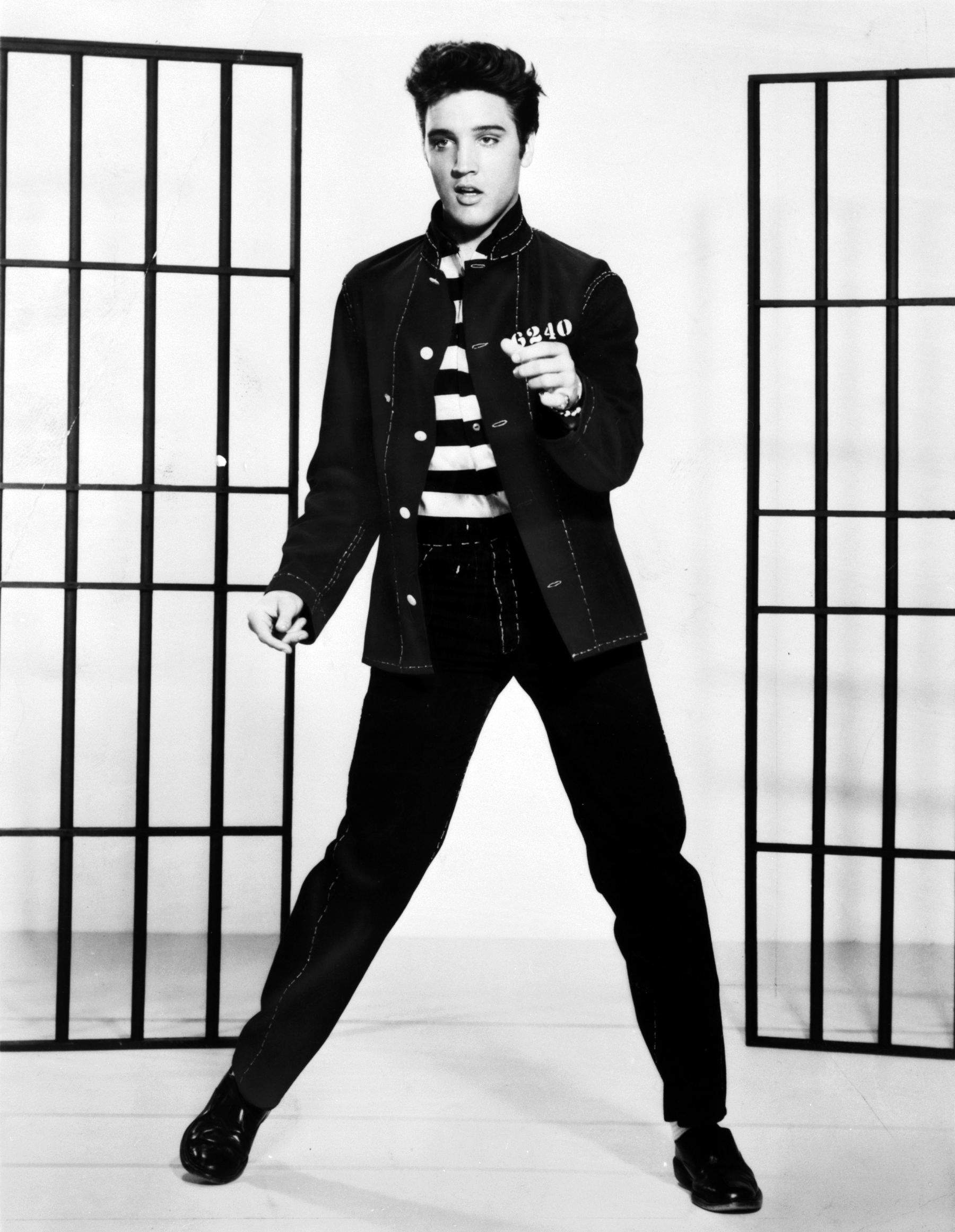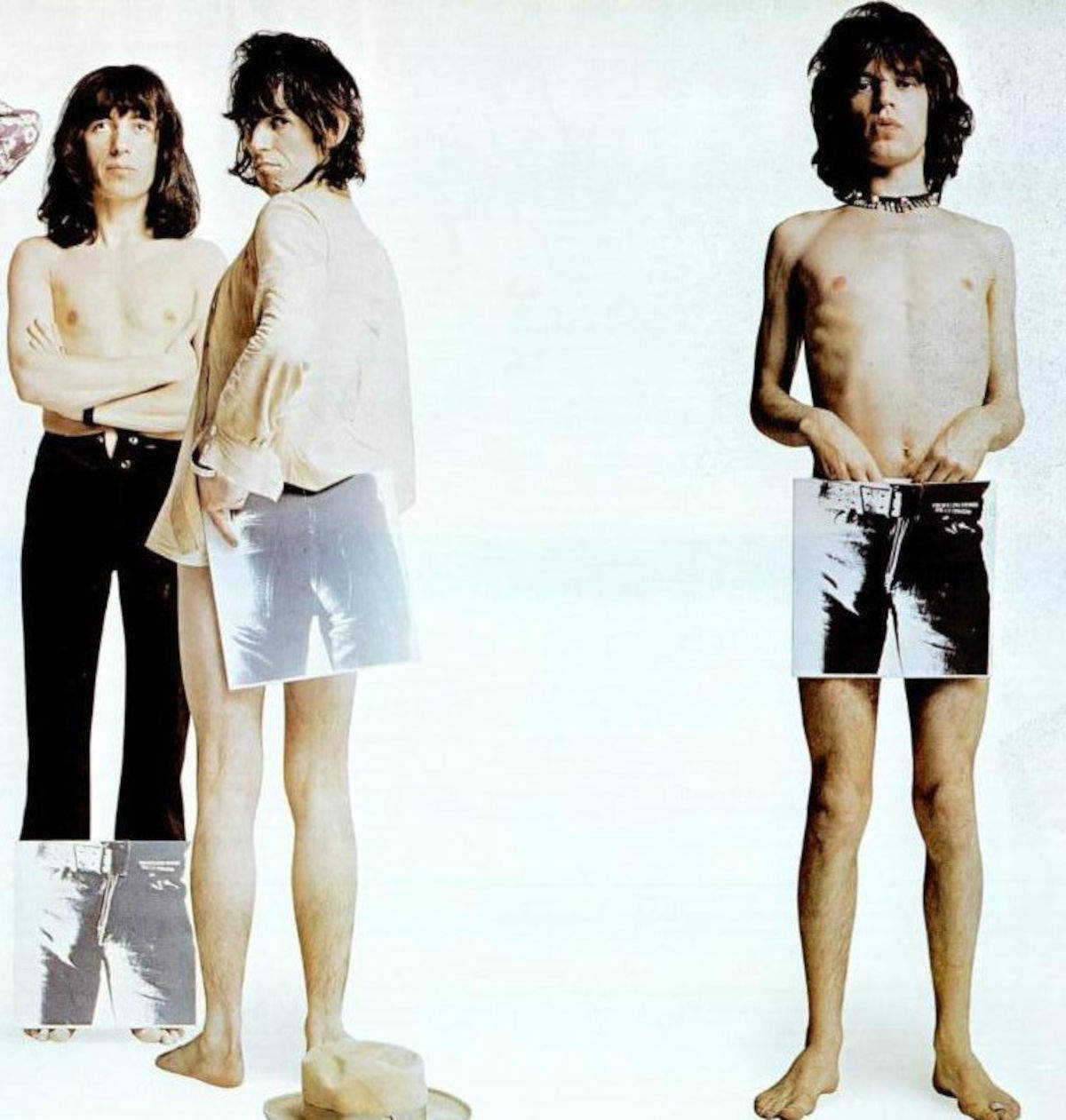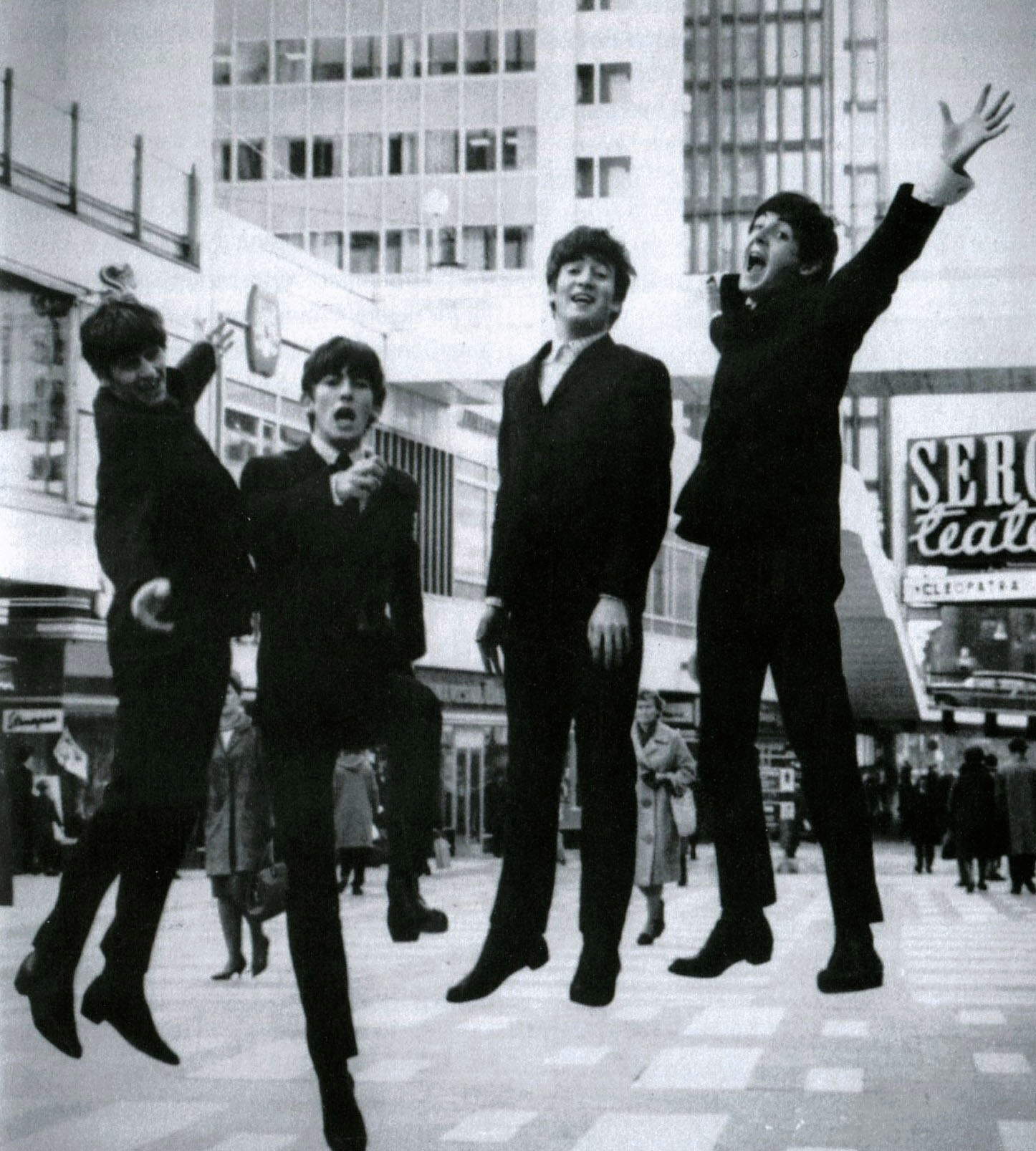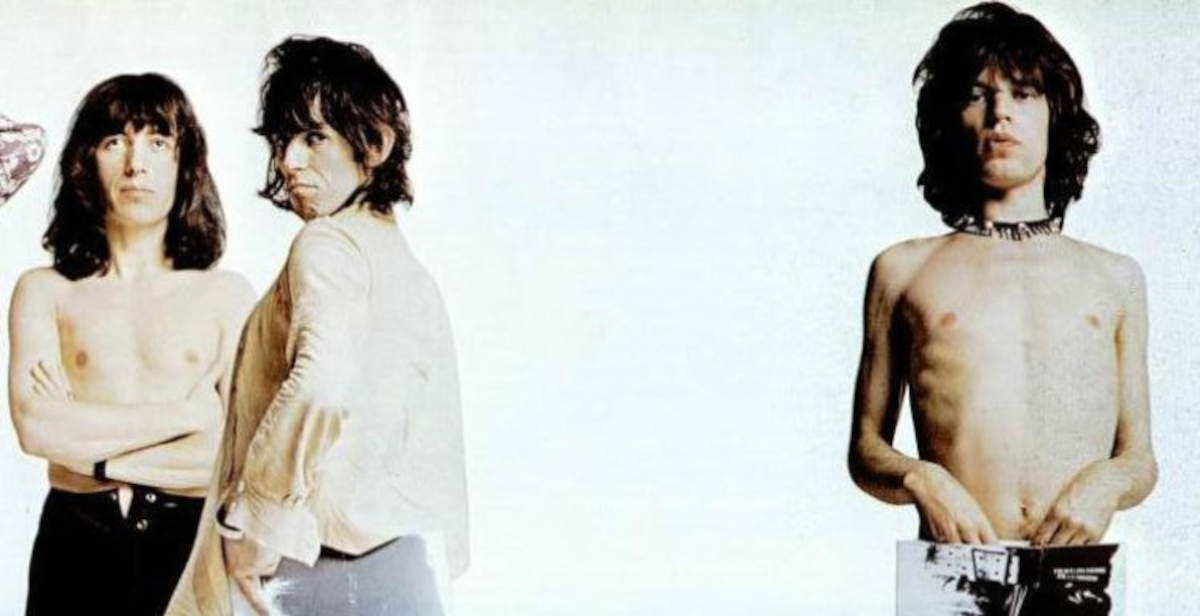The 8-lesson online course in Contemporary Music History, sponsored by Institution School, begins Dec. 1, 2025. The series, titled From Impressionism to Digital, offers a structured path to explore music as an art form closely connected to the major cultural, artistic and social revolutions of the 20th and 21st centuries. The lectures, open to a wide audience including enthusiasts, students, faculty and cultural workers, will be live-streamed on the Zoom platform, every Monday from 6 to 8 p.m., from Dec. 1, 2025 to Feb. 16, 2026, with the possibility of access to the recordings for three months after the conclusion of the course. The program aims to analyze contemporary music as a fundamental artistic language interwoven with visual arts, poetry, philosophy, and dance, emphasizing the decisive transformations that the twentieth century brought and the influence of those changes on today’s cultural landscape. Lectures guide enrollees through major musical milestones, from the impressionism of Debussy and Ravel to the rhythmic complexity of Bartók and Stravinsky. The jazz innovations of Ellington, Parker, Davis and Coltrane, and the contribution of Eastern philosophical influences in the work of John Cage are also explored.
The course also devotes ample space to the revolutions brought about by the bands that have shaped the history of modern music: from the rock explosion of the Beatles and the Rolling Stones to the psychedelic experiments of Pink Floyd and the electronic beats of Kraftwerk. The progressive tradition is represented by Genesis and King Crimson, while punk and forms of urban rebellion emerge with the Sex Pistols and The Clash. Developments in hip hop and rap, with figures such as Public Enemy, Tupac and Nas, complete the picture of urban music and its poetic dimension. The last lectures address minimalism and its contemporary declinations, with composers such as La Monte Young,Reich and Glass, the ambient of Brian Eno, and sound experiments that blend electronics, soundscapes and glitch, represented by artists such as Jon Hopkins, Sigur Rós, múm and Radiohead. Sample musical excerpts will be played during each meeting, allowing contextualization of the theories expounded by the lecturers.


The course speakers represent some of the most influential voices in Italian and international music criticism. Andrea Penna, Barbara Tartari, Luca Damiani, Felice Liperi, David Benini, Fabio De Luca and Arturo Stalteri boast collaborations with Rai Radio and Swiss Radio and an extensive resume as authors, popularizers and music critics. Their lectures address specific periods and themes, from tonality and impressionism to the sound avant-garde, from jazz to the interaction between song and society, from concrete music and the European avant-garde to the revolutions of rock, punk, industrial and hip hop to contemporary digital experimentation. The course is structured in weekly two-hour meetings, with approximately one hour and forty-five minutes devoted to frontal lecture and fifteen minutes of questions and answers between lecturer and audience.
Institution is an international startup with a multidisciplinary approach aimed at promoting new cultural models. Institution School offers programs ranging from contemporary art to design, music to cultural experimentation, targeting diverse audiences and professionals in the field. The institution’s stated goal is to provide enrollees with concrete tools to understand and navigate the art world, allowing for focused study and the opportunity to develop solid knowledge in diverse fields. The focus on the links between music and other art forms, the participation of qualified experts and the possibility of enjoying on-demand content represent concrete tools for those who wish to understand the changes that have marked modern music, from its harmonic and rhythmic evolution to its interaction with cultural and social movements of reference.

Participation can be done either by purchasing the single lesson at a cost of 13 euros, or with the complete package of eight meetings at 80 euros. Discounted rates are available: 70 euros for those enrolled in previous Institution School courses by November 24, 2025, and 50 euros for students under 26. Registration is available through Eventbrite, with a dedicated link that also allows later access to the recorded materials.
Andrea Penna hosts Radio3 Suite on Rai Radio 3, presenting concerts and operas, with interviews with conductors, singers and soloists. He has conducted numerous live concerts at Rai venues, Parco della Musica and major Italian theaters, writing regularly in La Repubblica, Il Manifesto and The Classic Voice.
Barbara Tartari, flutist and musician, performs concerts and researches repertoires that link classical and contemporary music. A flute teacher at the Civico Liceo Musicale in Varese and a Music Therapy graduate, she has collaborated since 2012 with Rete Due of Radio Svizzera Italiana as music editor and presenter.
Luca Damiani is a writer, music critic and radio host. Author of short stories and essays on music criticism, in 2018 he published POW (Stampa Alternativa). He collaborates with Rai Radio 3 conducting Sei gradi, has been music consultant for Philippe Daverio’s Passepartout, and since 2018 has directed the Entroterre Foundation.
Felice Liperi has been a historian of Italian song and music critic for La Repubblica for more than 30 years. Host and editor of radio programs such as Stereonotte, Fahrenheit and Sei gradi, he has published essays in Limes, MicroMega and for theTreccani Encyclopedia of Music, including La canzone italiana. History, stories, protagonists (Treccani, 2025).
David Benini is a vocalist, composer and conductor. He has led jazz and classical groups, ensembles and big bands, and teaches spoken and sung voice, collective improvisation and musical creativity through an original method that fosters awareness and experimentation.
Fabio De Luca is a music journalist and DJ, former deputy editor of Rolling Stone Italia (2007-2014). He has hosted programs on Rai Radio2, including Suoni & Ultrasuoni and Weekendance, and is the author of Discoinferno (2006), Mamma mamma mamma, voglio fare il DJ (2004) and Oh, oh, oh, oh (2023). He currently hosts the weekly podcast The Tuesday Tapes on Radio Raheem.
Arturo Stalteri is a pianist, composer and radio host of Rai Radio 3 programs such as Primo Movimento, Il Concerto del Mattino and Qui Comincia. In 2004 Franco Battiato wanted him in his first television program, Bitte, keine Réclame, and in 2005 he cast him in a role in the film Musikanten, presented at the 62nd Venice Film Festival. His compositions are published internationally.
 |
| An 8-lesson online series on contemporary music |
Warning: the translation into English of the original Italian article was created using automatic tools. We undertake to review all articles, but we do not guarantee the total absence of inaccuracies in the translation due to the program. You can find the original by clicking on the ITA button. If you find any mistake,please contact us.